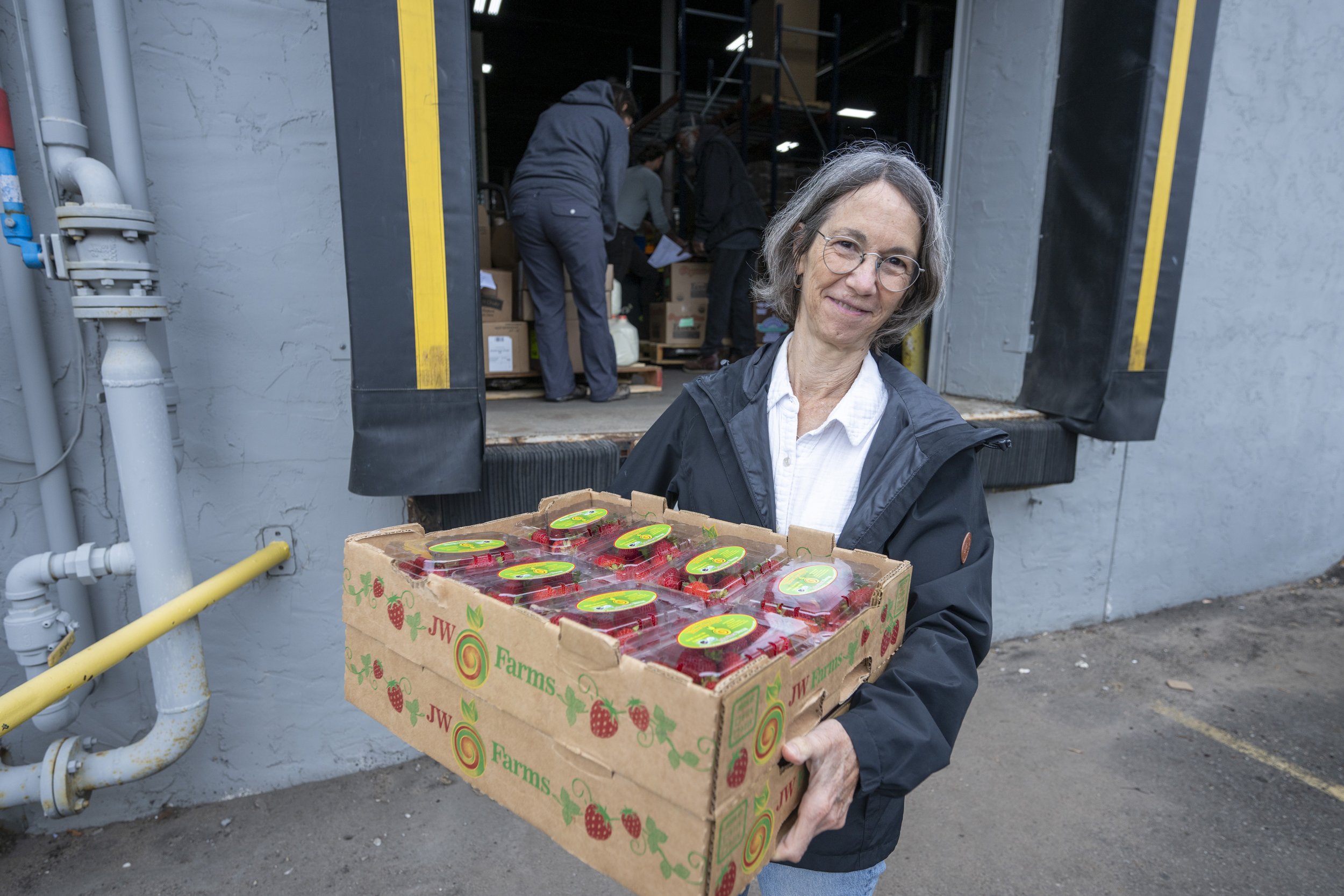FOOD WASTE
Food waste is a human injustice when discarded foods could have fed a family in need. Food waste is also a serious environmental concern; as the single largest component of landfills, wasted food emits a potent greenhouse gas (methane) into the atmosphere. Methane emissions play a significant role in climate change.
WHAT YOU CAN DO ABOUT FOOD WASTE
Policy-makers have started to identity new strategies aimed at decreasing food waste, but there are still many stigmas to overcome and changes to make.
At an individual level, we can participate in food waste reduction by committing to the following:
PURCHASING AND PREPARING FOODS IN SMALLER PORTION SIZES
GROWING YOUR OWN GARDEN
LEARNING THE TRUE MEANINGS OF ‘BEST BUY’ AND ‘SELL BY’ DATES ON FOOD
WHAT IS FOOD JUSTICE?
Food Justice addresses questions of land ownership, agricultural practices, distribution of technology and resources, workers’ rights, and the historical injustices communities of color have faced. Food Justice is closely intertwined with environmental justice and sustainability movements.
In order to achieve food justice, everyone must have adequate access to nourishment without barriers.
References:
https://www.bu.edu/csc/edref/what-is-food-justice/
https://www.healthline.com/nutrition/what-is-food-justice
Check out Food Justice: What is it? Where has it been? Where is it going? by Cassidy Hayes and Elena Carbone for an introduction.






